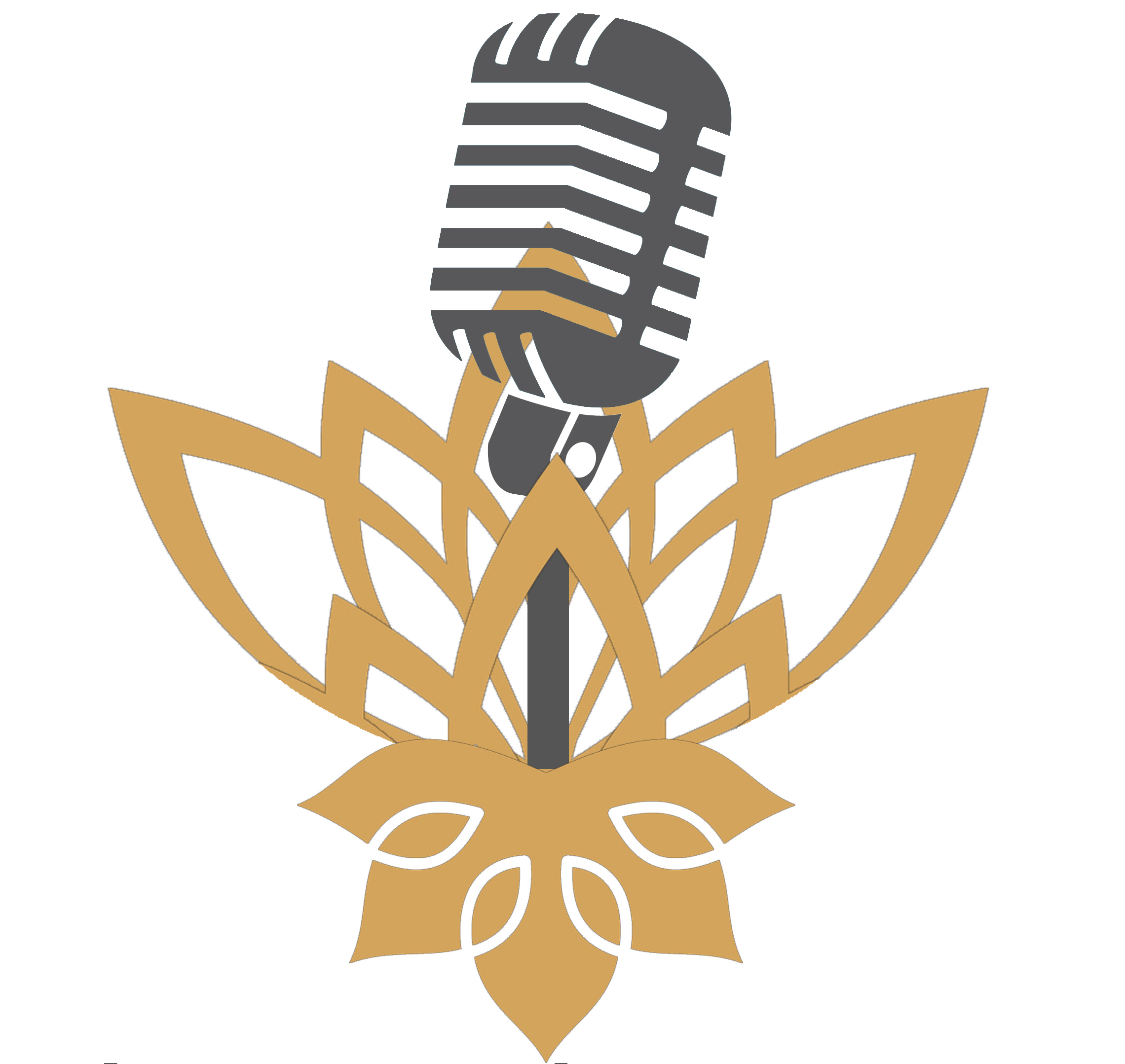14 Sep a. Do Hindus belong to different denominations? If so, can they intermarry?
Hinduism is not divided by denomination, but by other categories, including deity traditions, sampradaya (lineage/school), parampara (disciplic succession) and darsana (school of thought). Most Hindus belong to one of four major deity traditions—Shaiva, Shakta, Vaishnava, and Smarta. While all traditions share many beliefs and practices, the central deity worshipped as well as certain philosophical tenets differ.
Shaivas primarily worship different forms of Lord Shiva; Shaktas worship Shakti, or the Divine Mother in Her various forms; Vaishnavas worship forms of Lord Vishnu; and Smartas worship different forms of six major deities, including Lord Shiva, Shakti, Lord Vishnu, Lord Ganesha, Lord Subramanya/Karthikeya and Lord Surya, holding them all to be forms of Brahman, the eternal, infinite, unchanging principle that is the substratum of the universe and is both immanent and transcendent.
Each deity tradition may also further branch into sampradayas. Adherents of a sampradaya have familial connections and/or strong faith in the heightened spirituality, divine experiences, and philosophical knowledge of the founder and/or current guru or swami (spiritual head) of the sampradaya. Hindus may also freely choose between different sampradayas based on their liking and understanding. A sampradaya following a particular lineage or succession of swamis is said to be of a particular parampara.
Hindus of different deity traditions, sampradaya and parampara can intermarry although many choose to marry within these branches for a variety of reasons.
Source: Short answers to real questions about Hinduism
Other reading material:
Relevant videos:


No Comments